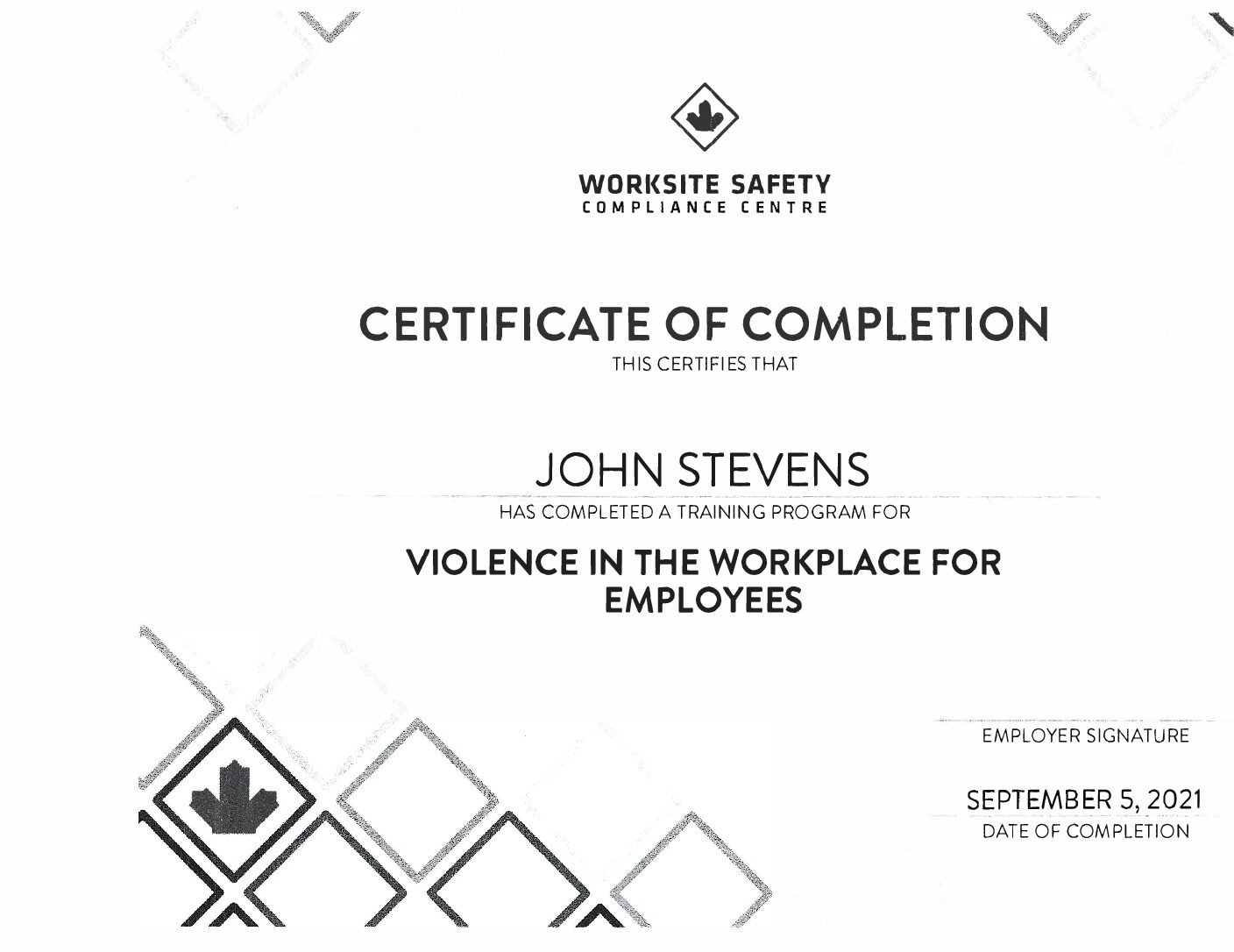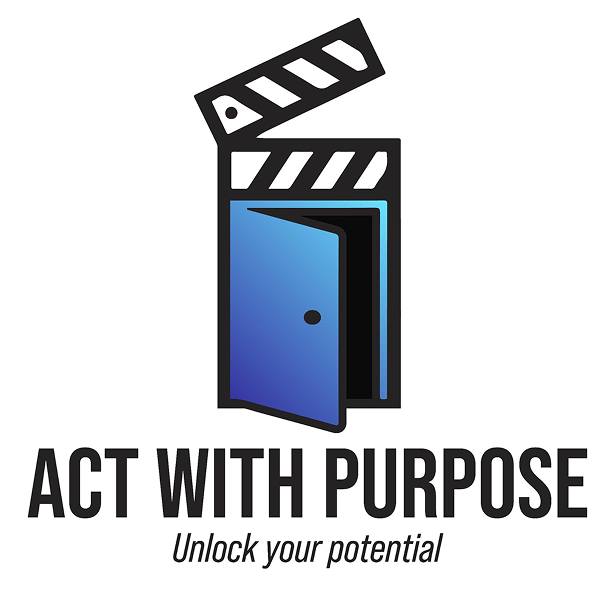
John Stevens is one of the most sought-after coaches for audition preparation, self-tapes, and working with young actors seen across television, film, and commercials worldwide. He often writes original material tailored to each actor’s unique strengths and abilities.
He is also a founding board member of the Act-On Ability Foundation, which provides free acting classes to performers with disabilities and educates industry leaders on ableism within the television and film industry.
John began performing professionally at age 7 in various circus venues as a clown and variety entertainer. He mastered unicycling, tightrope walking, acrobatics, and even trapeze—all under the mentorship of his late grandfather, a Ringling Bros. and Barnum & Bailey Circus artist.
As a child performer, John toured the Pacific Northwest before joining his first national tour at age 17. He was named one of the Top 40 Most Influential People in the Arts Under 40—while still a junior in high school.
With an impressive resume by age 18, John earned a Merit Scholarship to Marymount Manhattan College in New York City, where he double-majored in Dance and Theatre.
Featured performer on Carnival Cruise Lines in nightly variety shows
Choreographed three Off-Broadway shows and a commissioned musical for the United Nations
Musical Theatre credits include:
Follies by Stephen Sondheim, starring Maxine Andrews, Judy Kaye, and Edie Adams
Annie and Camelot national tours
Cathy Rigby Is Peter Pan and Babes in Arms (revised version)
Babes in Arms West Coast Premiere opposite Cheyenne Jackson
John has directed, choreographed, and produced projects for artists including Ashanti, Wyclef Jean, and others—ranging from product launches to publicity stunts.
John’s students have appeared in:
Resident Evil
Y: The Last Man
Workin’ Moms
Degrassi
Kate (Netflix)
Titans
Jupiter’s Legacy
School of Rock: The Series
Tully
Hell on Wheels
Wynonna Earp
See (with Jason Momoa)
Hit the Road (with Jason Alexander)

I’ve been blessed by many. Diane Lacker – My high school theatre director, had a huge impact on me. She taught me compassion and to see the actor for the person they are not the actor they are. Bret Alans – A world class magician, taught me a lot about how to handle large live audiences and criticism. He taught me to always take everything as a compliment. It really disarms people. Juliet Prowse – Taught me to believe in myself when she picked me out of a chorus number in Stephen Sondheim’s Follies on tour. She chased me down at the opening night party and asked me to join her in Vegas for a production of Sugar Babies starring Mickey Rooney. Eric Morris – My first acting coach and quite arguably the biggest influence on my coaching style. I was his youngest student at 13 and he made quite an impact.

